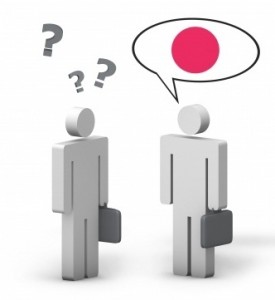Japanese to English dictionary focusing on gobi (sentence endings), such as です, ます
What’s gobi?

Japanese sentence ending, “gobi/語尾”, (linguistically called “ending particle” or “copula”) is a crucial part of Japanese real-life grammar.
It’s common not to mention the actual subject (Watashi, Anata, etc) in regular conversation.
You can do this because the last few syllables of a sentence (gobi) can express its subject, tense, and the “tone” of the sentence (You can sound cute, macho, bossy, polite, etc. based on your choice of gobi).
This is the place you can learn them. (We are expanding the list)
Examples:
にほんごの ぶんぽうは むずかしいです。
–> Japanese grammar is difficult.
にほんごの ぶんぽうはむずかしいかな。
–> I wonder if Japanese grammar is difficult.
にほんごの ぶんぽうはむずかしいんだって。
–> I heard that Japanese grammar is difficult.
にほんごの ぶんぽうはむずかしいぜ。
–> Japanese grammar is difficult. (The “ぜ” gobi makes you sound masculine or macho)
Chart
To describe nuances of a gobi, we use this kind of chart :
Audio
Many entry have a Youtube link where you can listen to the sound of gobi.
You can play all the audio clips from this link
We hope you’ll be fluent in Japanese in the near future!
がんばって!
